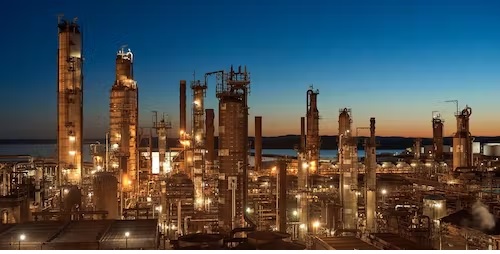Braya Renewable Fuels has issued an RFP for the provision of green hydrogen as a feedstock for its refinery operations in Come By Chance, Newfoundland and Labrador, according to a press release.
Proposals are to be submitted by 19 December of this year.
Braya could also export green ammonia to local, regional, and international markets. The company is now repositioning the facility to produce renewable diesel and sustainable aviation fuel (SAF).
“Our production of renewable diesel requires substantial amounts of hydrogen feedstock every year,” the release states. “Braya has existing access to grey hydrogen; however, to produce the lowest carbon intensity rating possible, Braya is interested in acquiring green hydrogen to support its operations.”
At approximately 35,000 metric tons, the project would be the largest domestic green hydrogen project in Canada to date.
The operational footprint of the refinery, ample access to water, and existing infrastructure mean that production could be scale beyond Braya’s operational needs.
“Braya is open to capitalizing on potential opportunities with the successful proponent to scale green hydrogen and green ammonia production, storage, and handling to serve a larger market audience,” the release states. “… we have issued this RFP to solicit parties to support us with developing and exploring this opportunity.”





